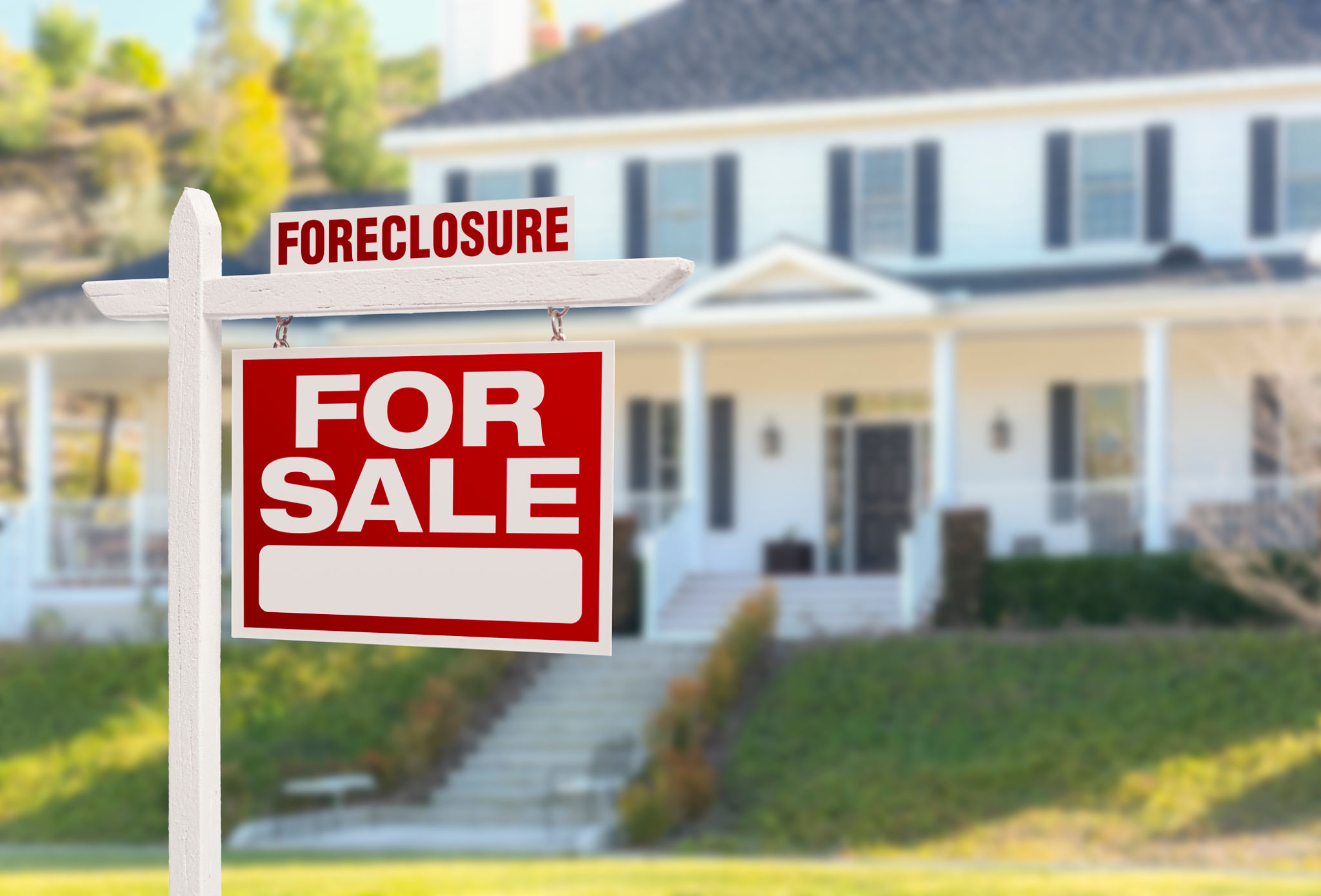Foreclosure Surplus Recovery: Key Considerations for Homeowners
Understanding Foreclosure Surplus Recovery
When a property is foreclosed and sold, there's often more money generated from the sale than the outstanding mortgage balance. This extra money, known as the foreclosure surplus, rightfully belongs to the homeowner. However, accessing these funds can be a complicated process. Homeowners need to be aware of their rights and the steps involved to successfully recover this surplus.
Many homeowners are unaware that they may be entitled to surplus funds post-foreclosure. This lack of awareness can lead to missed opportunities in reclaiming money that could significantly aid in financial recovery. It's essential to understand the process and take prompt action to ensure these funds are not forfeited.

Steps to Recover Foreclosure Surplus
The process of recovering foreclosure surplus funds involves several steps. Here’s a general guide:
- Identify the Surplus: Determine if there is a surplus by reviewing the foreclosure sale details.
- File a Claim: Submit a claim to the court or relevant entity handling the surplus funds.
- Provide Documentation: Be prepared to provide proof of ownership and any other required documents.
- Legal Assistance: Consider hiring an attorney specializing in foreclosure surplus recovery to navigate complex legal procedures.
Each state has different laws and procedures regarding foreclosure surplus, making it crucial for homeowners to be informed about their specific regional requirements. Missing deadlines or failing to provide proper documentation can result in losing the right to claim these funds.

The Role of Legal Assistance
While it's possible for homeowners to attempt recovering surplus funds on their own, engaging an attorney can simplify the process significantly. A legal professional can help ensure all paperwork is correctly filed and deadlines are met, reducing the risk of errors that could jeopardize the claim.
Attorneys specializing in foreclosure surplus recovery can also help identify and overcome potential obstacles in the process. They offer invaluable expertise in negotiating with entities holding surplus funds and can advocate on behalf of homeowners to secure a favorable outcome.
Avoiding Scams and Pitfalls
Unfortunately, the foreclosure surplus recovery process is not immune to scams. Homeowners should exercise caution when approached by third parties offering recovery services. It's crucial to verify the legitimacy of any company or individual claiming they can assist with recovering surplus funds.
Common red flags include demands for upfront fees, guarantees of success without reviewing specific case details, and pressure tactics. Researching potential service providers and consulting with trusted legal professionals can help protect homeowners from fraudulent schemes.

Conclusion: Taking Action
Recovering foreclosure surplus funds requires timely action and careful attention to detail. By understanding the process, seeking appropriate legal assistance, and remaining vigilant against scams, homeowners can improve their chances of successfully reclaiming surplus funds.
If you're facing foreclosure or believe you're entitled to surplus funds from a past foreclosure, consider reaching out to a qualified attorney for guidance. Taking proactive steps now can lead to financial relief and help you move forward with peace of mind.